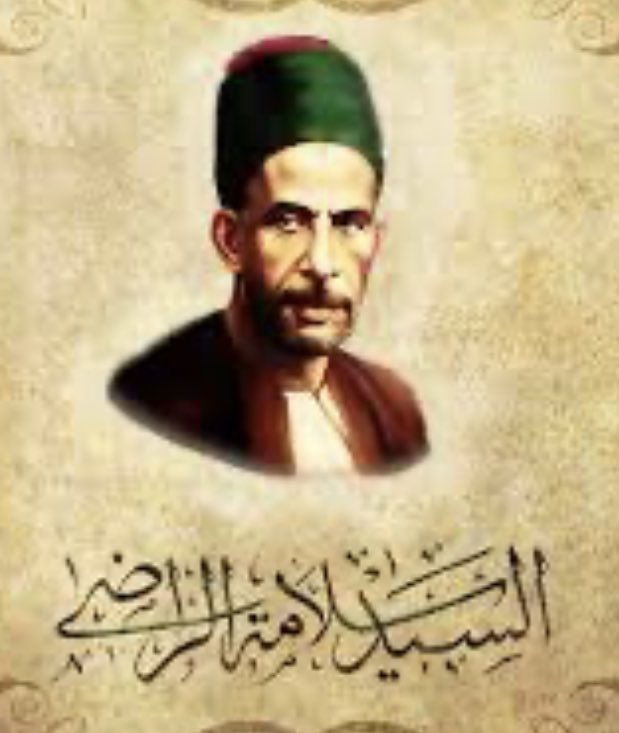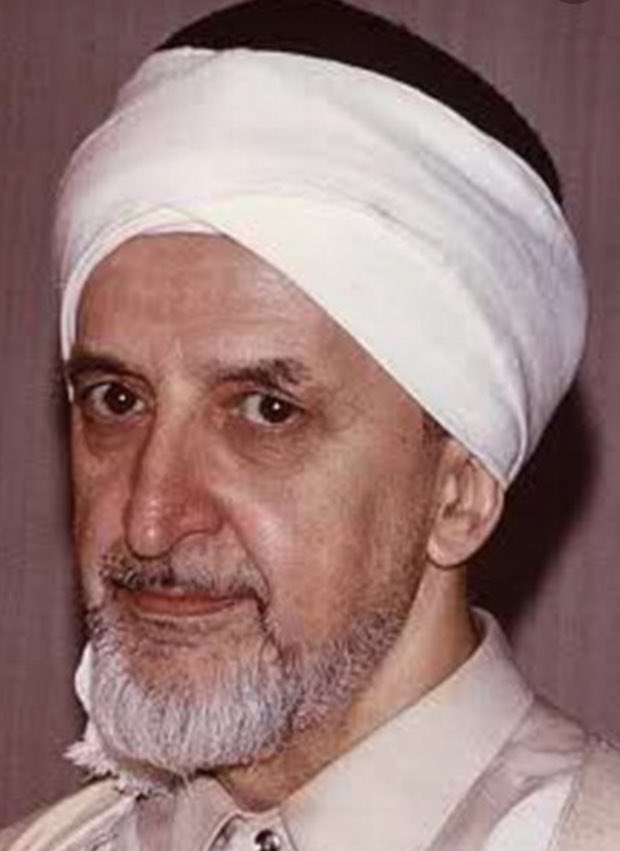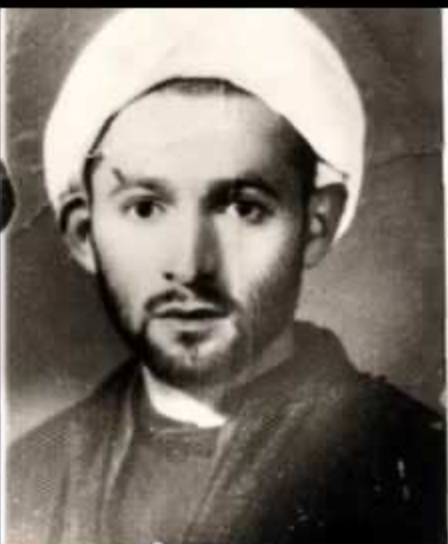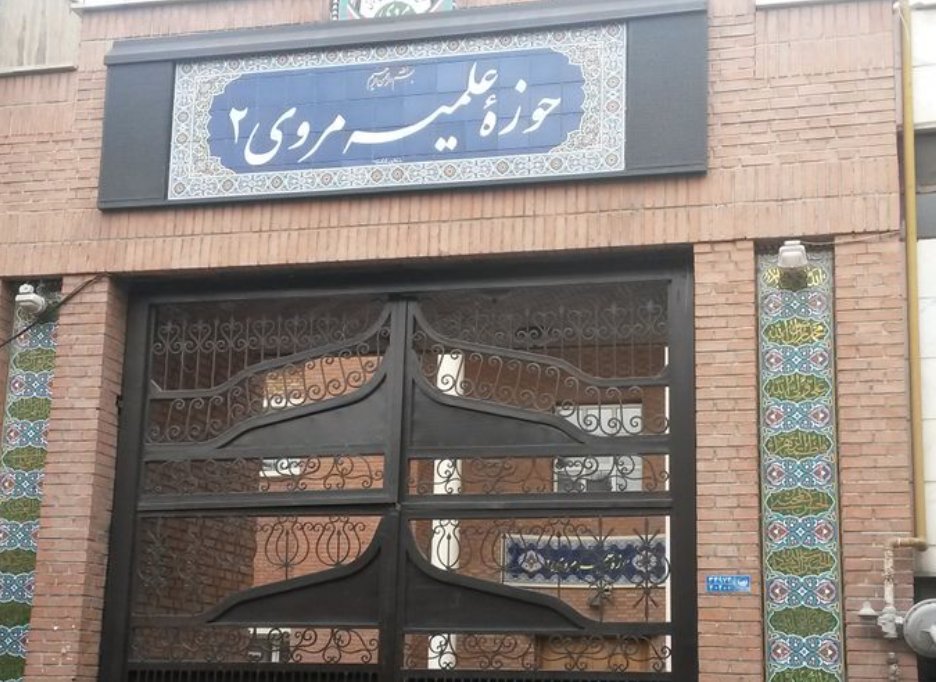Once in Cairo he married his lawyer’s daughter in 1934 and also joined the #Hamdiyya #Shadhiliyya founded by Shaykh Salama al-Radi (1867-1939) - in this period he also first met #Schuon in 11/ 

By the end of the 1940s he had broken with #Schuon and no longer referred #Muslim #traditionalist adepts to him instead referring them to #Valsan - he disapproved of the ‘shallow’ #universalism and forgoing of #Muslim ritual of #Schuon instead of his own #traditionalism 12/
Dying in 1951, his funeral included close associates later disciples of #Schuon such as Martin Lings (1909-2005) a professor of literature at #CairoUniversity and Whitall Perry (1920-2005) before being buried in the tomb complex of his father in law 13/ 



Guénon’s Muslim legacy is best represented in the #traditionalist ‘Alawiyya of Michel Valsan (1911-1974), a former Romanian diplomat who had excellent Arabic and specialised in the thought of #IbnArabi 14/ 



Valsan’s students became major specialists of #IbnArabi - 1) Michel Chodkiewicz (1929-2020) who became Muslim in 1950, headed up #ÉditionsduSeuil and later professor #EPHE 2) Charles-André Gilis (b. 1934) translator of #Fusus 3) Dénis Gril professor at Aix en Provence 15/ 



Gilis in particular is highly prolific with many translations of #IbnArabi and other #Sufi authors leturbannoir.com/livres-article… 16/
In this interview Gril talks of his background, links to #Guénon and #Valsan and career google.co.uk/amp/s/www.saph… 17/
One final link that brings us back to #Hallaq is the influence of #Guénon on #Qadiriyya #Budchichiyya #Sufi order in #Morocco to which #TahaAbdderahmane on whom Hallaq wrote his latest book is affiliated saveurs-soufies.com/index.php/foru… 18/
• • •
Missing some Tweet in this thread? You can try to
force a refresh
















